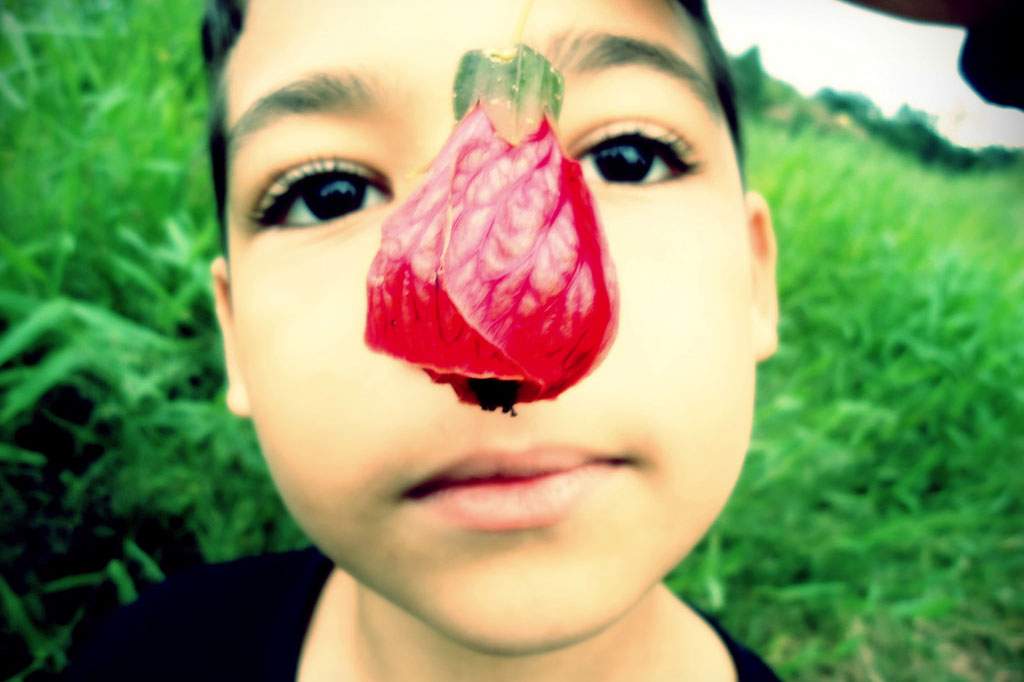
It's commonly understood that we humans are primarily visual creatures.
Maybe once upon a time our prehistoric ancestors used their other senses more. But today, we modern human have evolved to use our eyes above all else.
How Language Influences Perception
But the predominance of sight may have more to do with language than with biology. According to one study, English speakers are particularly challenged when it comes to describing smells, compared to people who speak other languages.
Take, for example, people who speak Jahai, a language spoken by hunter‑gatherer societies of the Malay Peninsula, in Southeast Asia. People there have a vocabulary rich in words that describe odors.
Researchers at Radboud University in the Netherlands gave Jahai speakers and English speakers the same cinnamon smell and asked them to describe it. The Jahai speakers were able to describe the smell concisely and consistently.
Vocabulary Of Odors
English speakers had a much tougher time. Although most knew the smell as cinnamon, overall they struggled to describe it i.e. they weren't able to smell the scent and then say the word, "Cinnamon." The best some study participants could come up with was that the odor reminded them of a certain brand of chewing gum.
The study points out that it's not that Jahai speakers have a stronger sense of smell, but rather that they are more alive to scents and therefore have a language evolved to include words to precisely describe a wide range of smells.
English speakers have the same olfactory abilities as Jahai speakers. But because Western cultures tend to mask and eliminate most odors, the researchers suggest we're less able to describe a wide range of smells.
2018 Update
If you want to continue thinking about the way we process smells, we recently featured an article about the way scent and memory are linked.
Read More:
- Burenhult, Niclas. "A Grammar of Jahai." Department of Linguistics and Phonetics, Lund University, 2002. Accessed September 17, 2018 for October 2018 re-run.
- "English Speakers, You Stink at Identifying Smells" (New Scientist)
- Diep, Francis. "An Indigenous Malaysian Language Describes Smells As Precisely As English Describes Colors." Popular Science. January 14, 2014. Accessed September 13, 2018.
- Gruber, Karl. "Can You Name That Smell?" Science. January 13, 2014. Re-accessed for October 2018 re-run on September 17, 2018.
- Majid, Asifa. Burenhult, Niclas. "Odors are expressible in language, as long as you speak the right language." Cognition
Volume 130, Issue 2, February 2014, Pages 266-270. https://doi.org/10.1016/j.cognition.2013.11.004Wong, Kevin Martens. "Jahai: A world of smells." Unravel: Language Profiles. June 13, 2016. Accessed September 13, 2018 for October 2018 re-run.









